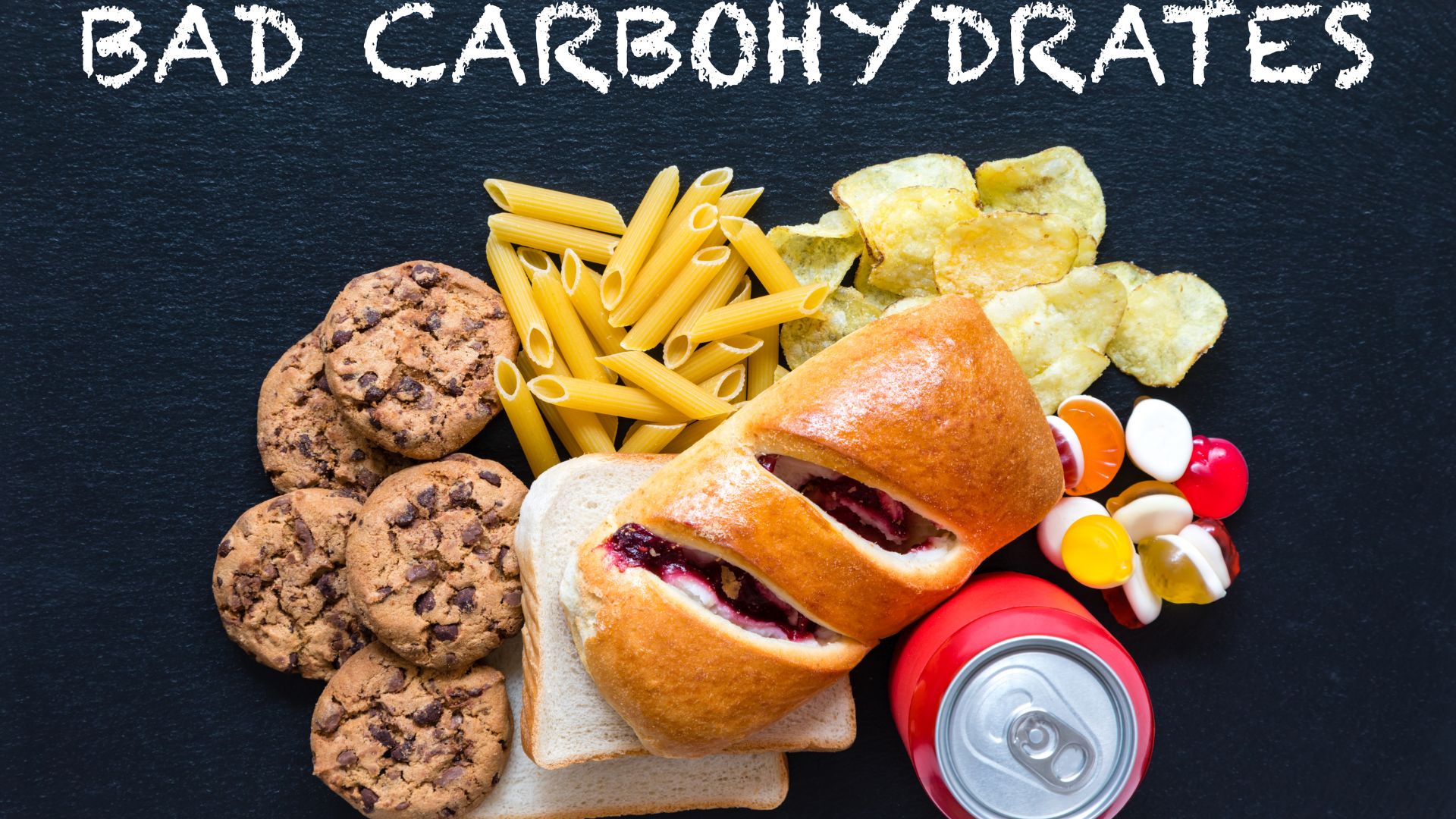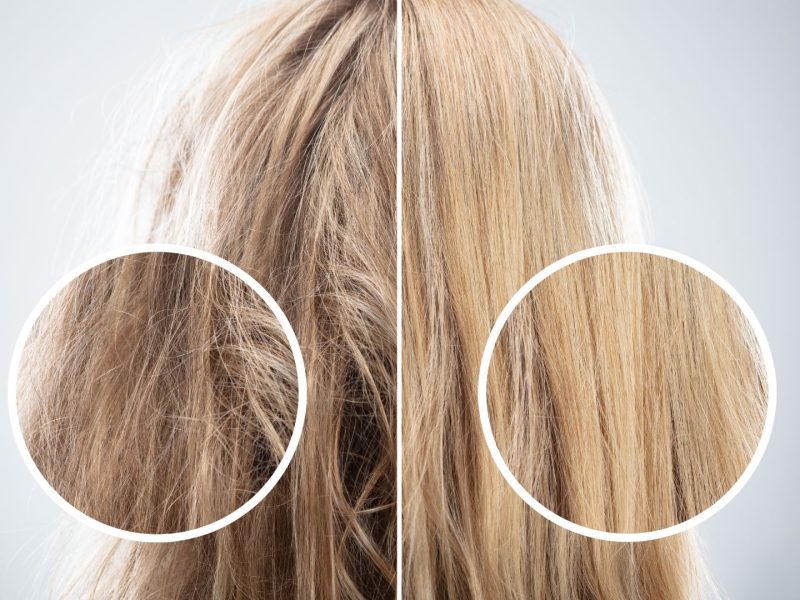As someone who’s spent years researching nutrition and working with clients on their dietary journeys, I’ve witnessed firsthand the transformative power of a carb-restricted diet. Today, I’m diving deep into the science and practical benefits of eliminating carbohydrates from your diet. Whether you’re looking to shed those stubborn pounds or boost your mental clarity, this comprehensive guide will walk you through everything you need to know.
Understanding the Carb-Free Lifestyle
Let’s get real for a moment – cutting out carbs isn’t just another fad diet. It’s a fundamental shift in how your body processes energy. When you eliminate carbohydrates, your body enters a metabolic state called ketosis, where it burns fat for fuel instead of glucose. Think of it like switching your car from running on regular gas to premium fuel – the engine still works, but it performs differently.
What Exactly is a Carb-Free Diet?
A carb-free (or ultra-low-carb) diet typically means consuming less than 20-50 grams of carbohydrates per day. You’ll be saying goodbye to bread, pasta, and sugary treats, but hello to plenty of proteins, healthy fats, and non-starchy vegetables.
The Science-Backed Benefits
1. Accelerated Weight Loss
Here’s something fascinating: when you cut carbs, your insulin levels drop significantly. This hormonal change turns your body into a fat-burning machine. Studies show that people following a carb-restricted diet often lose weight faster than those on low-fat diets, especially in the first 6-12 months.
2. Enhanced Mental Clarity
Ever notice that mid-afternoon brain fog after a carb-heavy lunch? That’s no coincidence. When your brain runs on ketones instead of glucose, many people report experiencing:
- Improved concentration
- Better memory retention
- More stable energy levels throughout the day
- Reduced mental fatigue
3. Blood Sugar Control
For those struggling with diabetes or pre-diabetes, a carb-free diet can be a game-changer. By eliminating the primary source of blood sugar spikes, you’re essentially giving your pancreas a well-deserved break. Many of my clients have reported significant improvements in their blood sugar control within weeks.
4. Reduced Inflammation
One of the lesser-known benefits of going carb-free is its impact on inflammation. Research suggests that cutting carbs can help reduce markers of inflammation throughout the body, potentially benefiting conditions like arthritis and autoimmune disorders.
Common Challenges and How to Overcome Them
The Keto Flu
Let’s be honest – the first week of going carb-free can be rough. Your body might rebel with:
- Headaches
- Fatigue
- Irritability
- Muscle cramps
But don’t worry! These symptoms typically pass within 5-7 days as your body adapts to its new fuel source. Stay hydrated and ensure you’re getting enough electrolytes during this transition period.
Social Situations
Navigating social events on a carb-free diet requires strategy. Here are some practical tips:
- Eat before attending parties
- Bring your own keto-friendly dishes to share
- Focus on protein-based appetizers
- Keep keto snacks in your bag for emergencies
Maximizing Your Success
Meal Planning is Key
Success on a carb-free diet isn’t about willpower – it’s about preparation. Create a weekly meal plan focusing on:
- High-quality proteins (grass-fed meat, wild-caught fish)
- Healthy fats (avocados, olive oil, nuts)
- Low-carb vegetables (leafy greens, cruciferous veggies)
- Adequate hydration
Listen to Your Body
While the benefits of going carb-free are well-documented, remember that everyone’s body responds differently. Pay attention to how you feel and adjust accordingly. Some people thrive on zero carbs, while others do better with occasional low-carb days.
Long-Term Sustainability
Making it a Lifestyle
The key to long-term success isn’t just about eliminating carbs – it’s about creating sustainable habits. Focus on:
- Finding joy in new recipes
- Celebrating non-scale victories
- Building a support system
- Developing healthy relationships with food
When to Modified Your Approach
Some people benefit from a modified approach, such as:
- Targeted carb cycling
- Seasonal adjustments
- Activity-based carb intake
- Special occasion flexibility
Special Considerations
Athletes and Active Individuals
If you’re highly active, you might need to modify your approach. Consider:
- Timing carbs around workouts
- Increasing protein intake
- Focusing on performance metrics
- Adjusting fat intake based on activity level
Medical Conditions
Always consult with healthcare providers before starting a carb-free diet, especially if you have:
- Kidney disease
- Pregnancy
- Type 1 diabetes
- Certain metabolic disorders
The Bottom Line
Going carb-free isn’t just about weight loss – it’s about optimizing your health from the inside out. While it may seem challenging at first, the potential benefits make it worth considering. Remember, the best diet is one you can stick to long-term, so take time to learn what works best for your body and lifestyle.
Whether you’re just starting your carb-free journey or looking to optimize your current approach, focus on whole, nutrient-dense foods and listen to your body’s signals. With proper planning and patience, you might find that a carb-free lifestyle offers benefits you never expected.
Ready to take the plunge? Start by gradually reducing your carb intake and increasing your consumption of healthy fats and proteins. Your body – and mind – might thank you for it!
Remember, this journey is personal, and success looks different for everyone. Focus on progress, not perfection, and celebrate every small victory along the way.



